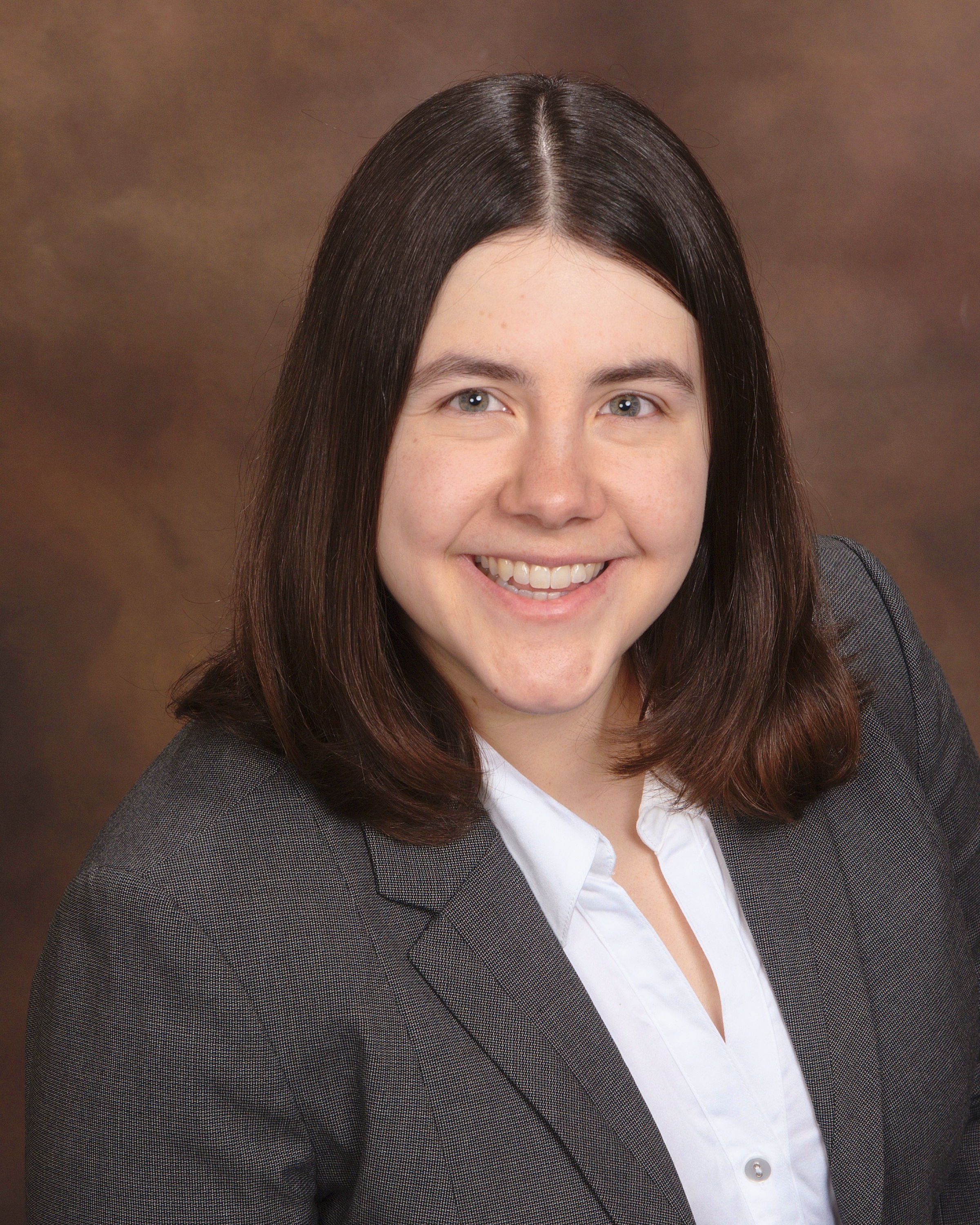
Karen C. Dannemiller, PhD is an Assistant Professor at Ohio State University with a joint appointment in Civil, Environmental, and Geodetic Engineering and Environmental Health Sciences. She also has a courtesy appointment in Microbiology. At Ohio State, she leads the Indoor Environmental Quality (IEQ) (https://ieq.engineering.osu.edu/) group and studies the indoor microbiome and indoor chemical exposures. In 2017, she was awarded the Denman Distinguished Research Mentor Award.
Prior to her current position, Dr. Dannemiller graduated with honors in Chemical and Biochemical Engineering from Brown University and earned her MS, MPhil, and PhD at Yale University in Chemical and Environmental Engineering. During this time, she completed an internship at the California Department of Public Health in the Indoor Air Quality Program. She was also a Microbiology of the Built Environment Postdoctoral Associate at Yale University
Read Karen Dannemiller’s Emerging Investigator article “Degradation of phthalate esters in floor dust at elevated relative humidity” and find out more about her in the interview below:
Your recent Emerging Investigator Series paper focuses on the degradation of phthalate esters in floor dust at elevated relative humidity. How has your research evolved from your first article to this most recent article?
This paper has really allowed my work to come full circle. My first research paper was on formaldehyde in the indoor environment, which was based on my work in the chemical engineering department at Brown University as an undergraduate. During my PhD, I began to focus more on microbial exposures in the indoor environment. This Emerging Investigator Series paper is so exciting because it combines my interest in both indoor chemistry and indoor microbiology by examining the interactions between these two systems.
What aspect of your work are you most excited about at the moment?
I direct the Indoor Environmental Quality Laboratory at Ohio State University, and I am excited about all the applications that we are discovering to which we can apply our research. It is so critical to understand the chemical and microbial processes occurring in the indoor environment, and this has important implications in many different systems. These processes can be particularly important in influencing exposures of vulnerable populations, such as asthmatic children. We also need a thorough understanding of chemical and microbial interactions in specialized, sensitive systems such as on the International Space Station. I am most excited to have received grants from NIH, NASA, the Alfred P. Sloan Foundation, and other organizations to study these interactions.
In your opinion, what are the most important questions to be asked/answered in this field of research?
Right now, very little is known about the interactions between chemicals and microbes in the indoor environment. There are a plethora of questions that need to be asked to gain even a basic understanding of what is happening around us on a daily basis. These may have important implications for our health.
What do you find most challenging about your research?
One of the most challenging but also exciting aspects of my research are the unexpected surprises inherent in any scientific dataset, but especially rich microbial datasets. Often, future grant proposals can result from novel associations discovered during data analysis.
In which upcoming conferences or events may our readers meet you?
The next conference I will attend will be AEESP in Tempe, AZ, May 14-16, 2019. I am very excited to be giving the plenary talk on Thursday morning.
How do you spend your spare time?
I love spending time with my family.
Which profession would you choose if you were not a scientist?
If I were not a research scientist, I would be an environmental public health practitioner. They apply scientific principles to help people reduce their harmful exposures. I appreciate the hard, challenging work that they do everyday, especially in fields like mold remediation.
Can you share one piece of career-related advice or wisdom with other early career scientists?
I have been very lucky and very thankful to have some outstanding mentors throughout my career. I would highly recommend that early career scientists find mentors to help them navigate different obstacles they may encounter. Mentors are a great source of advice and inspiration. They can also help you identify exciting opportunities










